Public Relations Representative
Fromson joined Michigan Medicine in March 2021. He covers the neurosciences and cardiovascular medicine. He spent three years as a television reporter in West Michigan and is passionate about multimedia storytelling. Contact: [email protected] Twitter: @noahfromson


Health Lab
A Michigan Medicine report shows that adding a mobile health application to such devices yields mixed results. Tailored text messages to encourage high-risk people to move more may improve some short-term outcomes but doesn’t always improve physical activity levels for everyone.

Health Lab
A Michigan Medicine study finds older Americans with complex neurologic conditions travel may travel great distances for care, many of whom live in rural areas or regions with a limited number of specialists.
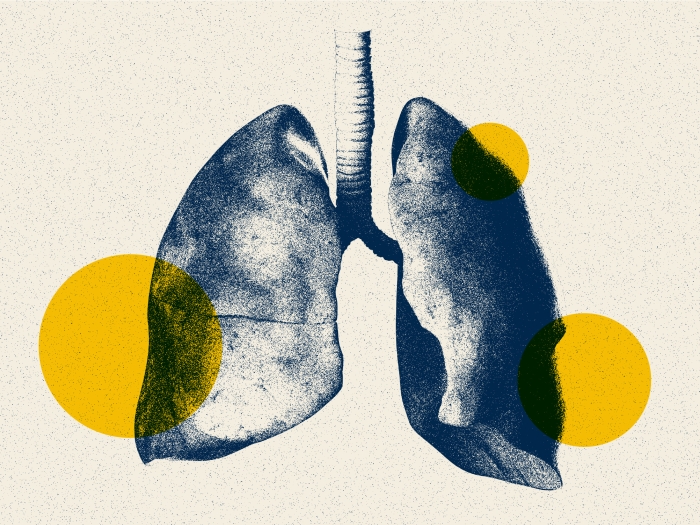
Health Lab
Despite these innovations, a Michigan Medicine study finds that the death rate for pulmonary embolism remains high and unchanged in recent years – more often killing men, Black patients and those from rural areas. The results are published in the Annals of the American Thoracic Society.
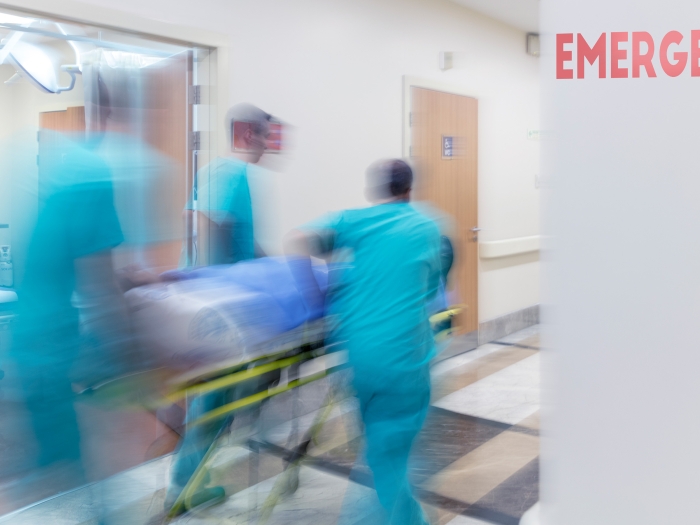
Health Lab
More than 70% of people experiencing a stroke who require a transfer wait longer than two hours to be transferred from the initial emergency department to hospitals with higher levels of care to receive time-sensitive care, a study finds.
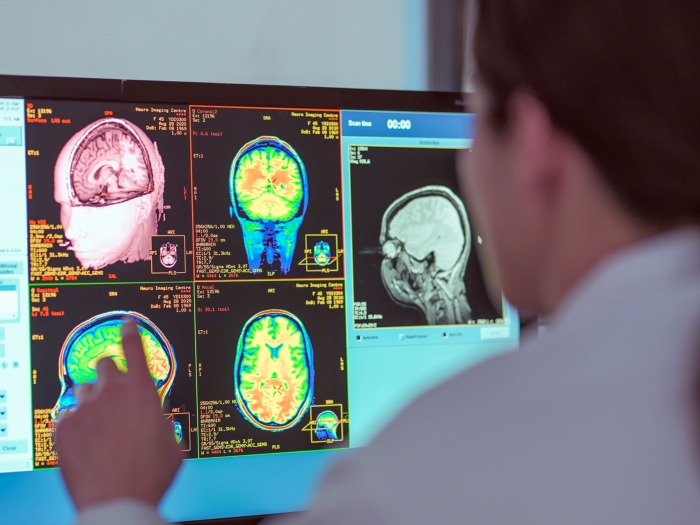
Health Lab
A Michigan Medicine study finds Diabetes linked to functional and structural brain changes through MRI.

Health Lab
Using these wearable devices, a study led by Michigan Medicine and the University of Missouri with Saint Luke’s Mid America Heart Institute finds that taking more daily steps is associated improved health, including fewer symptoms and physical limitations, for people with heart failure.

News Release
The Spastic Paraplegia Foundation, Inc., has named University of Michigan Health to the Spastic Paraplegia — Centers of Excellence Research Network. The health system is one of nine to achieve the designation for newly created network, which aims to “accelerate the understanding, diagnosis, and treatment of hereditary spastic paraplegia and primary lateral sclerosis”, which represent the most common cause of inherited spasticity, according to the foundation.
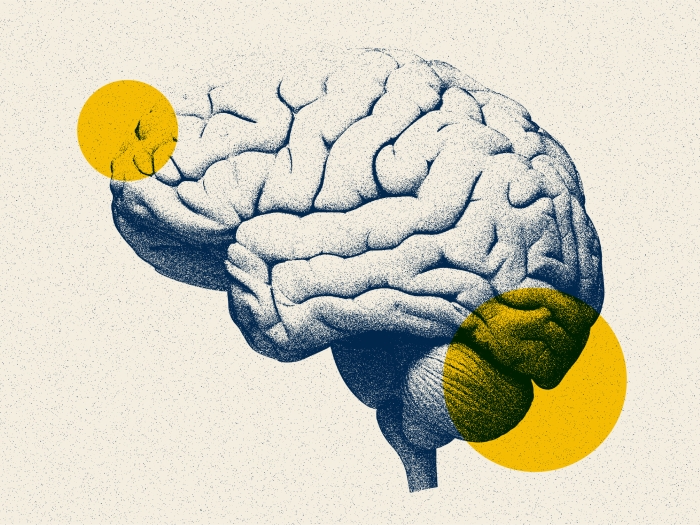
Health Lab
The majority of older adults with cognitive impairment are still driving, despite concerns raised by caregivers and others, a Michigan Medicine study in a South Texas community finds.
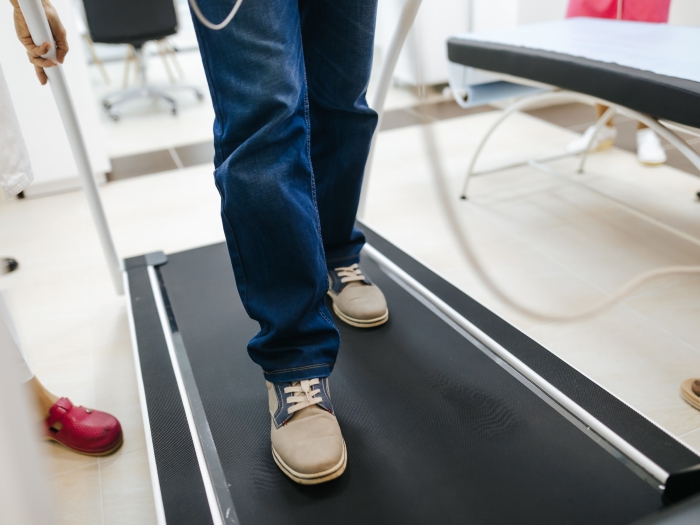
Health Lab
A Michigan Medicine study finds people who participate in cardiac rehabilitation have a decreased risk of death years after surgery, with a trend towards better outcomes in patients who attend more sessions.

Health Lab
University of Michigan researchers developed a novel method to produce artificially grown miniature brains that could impact how neurodegenerative conditions are studied.
News Release
University of Michigan Health has received the highest honor from the American Heart Association/American Stroke Association as a leader in stroke care in 2022, according to national guidelines and research. This marks the 9th consecutive year that the health system’s Comprehensive Stroke Center has earned the AHA’s Get With The Guidelines® - Stroke GoldPlus award.
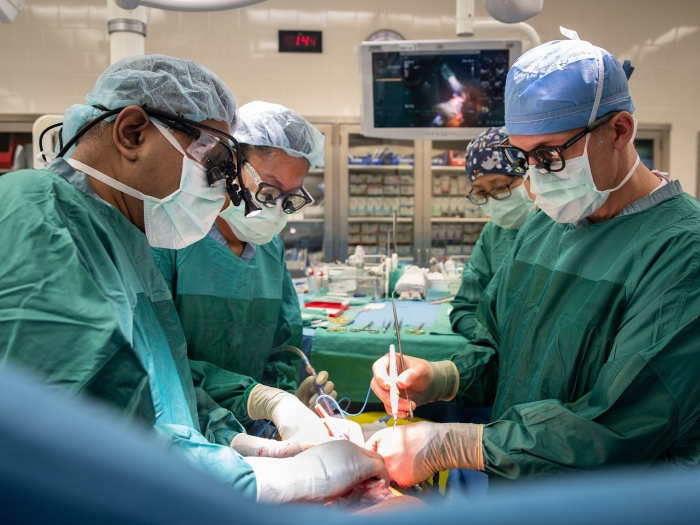
Health Lab
Researchers discover new opportunities for preventing kidney injury following cardiac surgery.

Health Lab
After an awake surgery to remove a cancerous brain tumor, a Michigan man is living “more deliberately” than ever — officiating a high school wrestling state championship and participating in research for a potential cure.

Health Lab
Research, led by Michigan Medicine and the University of Michigan, suggests that glioblastoma cells are poised near a “critical point” of order and disorder — meaning, the cells possess some form of large-scale coordination throughout the whole tumor that allows them to respond in practical unison to attempts to kill tumor cells, such as chemotherapy or radiation.
News Release
University of Michigan Health, Michigan Medicine, has been designated as a Parkinson’s Foundation Center of Excellence for the care of people with the progressive neurological condition. This marks the first time a health system has received this designation in Michigan.